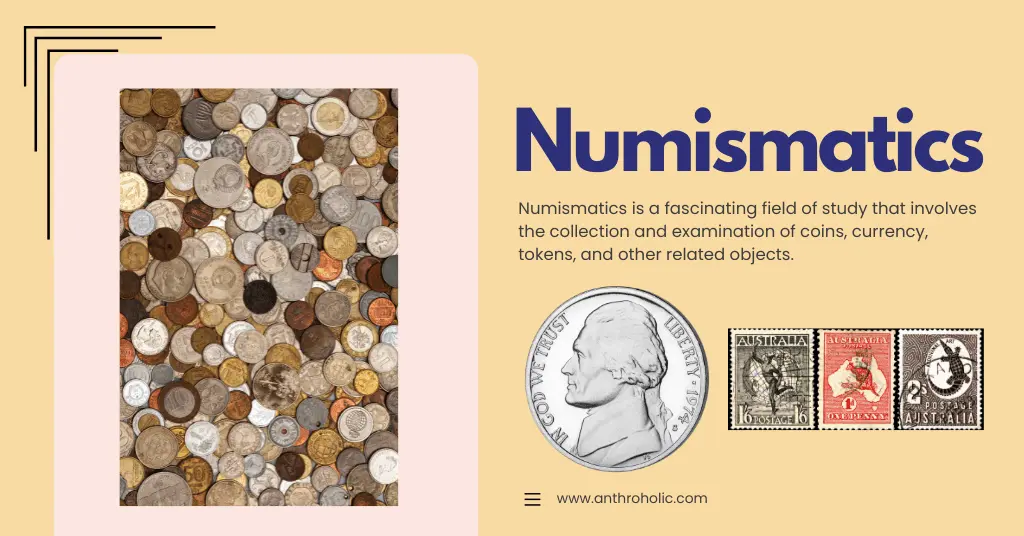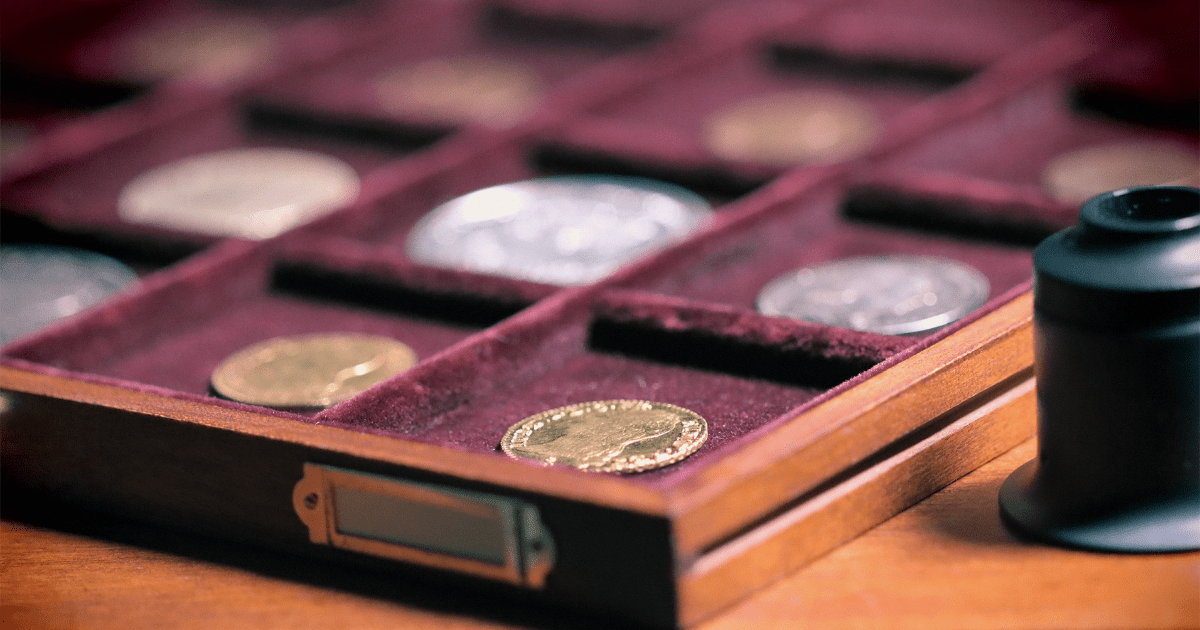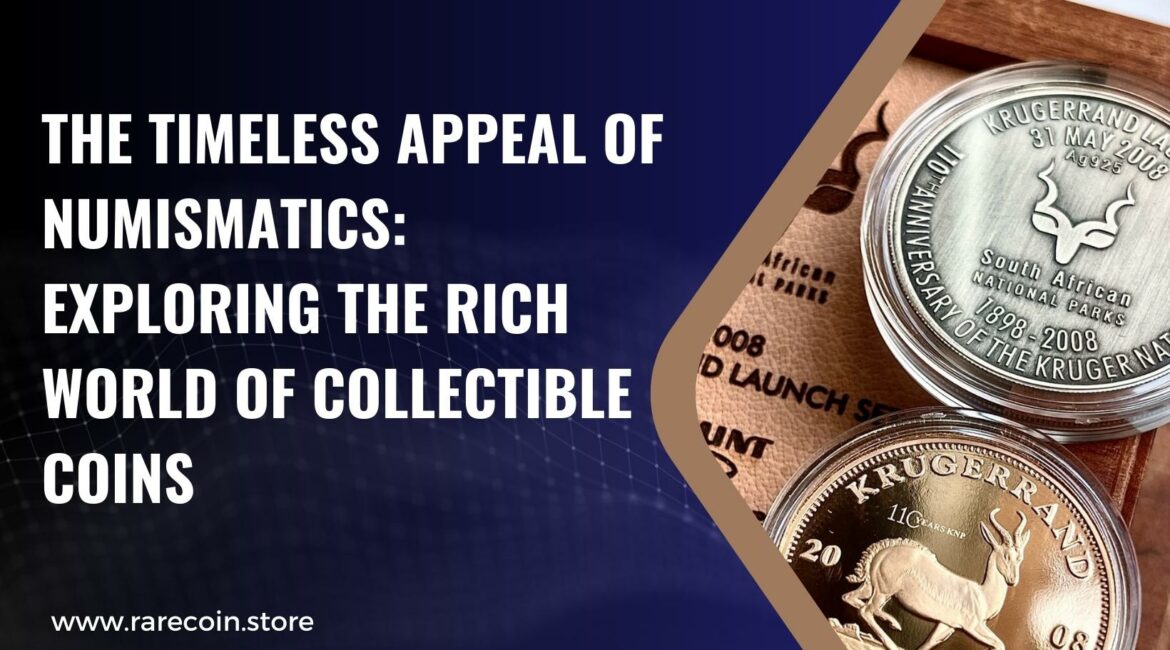Great Facts To Choosing Coin Value And Currency Exchange
Wiki Article
How Can I Find International And Regional Associations In Numismatics?
For conducting such research, here's a methodical procedure: Here's a systematic approach to conduct this research: Database Selection: Choose databases that focus on associations that are numismatic, like the websites of the major organizations such as the American Numismatic Association (ANA) and the International Numismatic Council (INC) or regional organizations like the Numismatic Association of Australia (NAA). JSTOR and other databases and academic repositories are also able to provide access to proceedings and articles from conferences.
Define Research Focus: Specify your research objectives. Do you want to learn more about the background and activities of global numismatic organizations and regional collaborations, or conferences, publications or the specific numismatic topics discussed by these associations? Clarify your goals to guide your investigation.
Search Strategy: Keywords such as “numismatic organizations,” "global numismatics" or "regional numismatics" are useful. It is also possible to include association names and geographic regions, if you want. Use advanced search features to filter results based on the date, the content (such papers from conferences or newsletters) and geographic scope.
Access data on international and regional numismatic societies, including their purpose, history, and membership. Additionally, you can find information about publications and activities. Find information on previous and forthcoming workshops, conferences, as well as collaborative research projects. Access databases that include details on the association's leaders, members and contact details.
Analysis: Analyze data to understand the influence of global and local numismatic societies. Find out how these associations contribute to advancing numismatic education as well as fostering international cooperation and share research through conferences and publications.
Cross-Referencing Verify your findings using data from multiple databases and sources. Compare the activities and projects of various associations to provide an overall picture of regional and global developments in numismatics.
Documentation: Document your findings by consistently citing sources and noting the methodologies you applied. Detail the databases utilized, the keywords you searched for, and the relevance of your search to your question.
Stay Up-to-date: Numismatic associations change in time, and new publications, conferences, and collaborative projects occurring regularly. Updates on websites of newsletters, associations, scholarly database and websites of associations will keep you up-to-date with the latest developments in global numismatics.
Following these steps will allow you to use databases effectively to explore numismatics as it pertains to both regional and global organizations. This approach permits a thorough examination of the organization structure as well as the academic efforts and the collaboration initiatives that have shaped the numismatic industry on a regional and global scale. Check out the best coin blank for more tips including coin pressing, historical currency, coin engraving, rare coins, dirham, mint, shekel, proof, coin series, bullion and more.

What Can I Do With The Numismatics Database To Find Coin Dealers?
In order to research the numismatics and dealers of coins you must utilize databases that provide information about dealers, numismatics and also historic transactions. A structured method is presented to assist you in conducting this kind of study. Online numismatic market places and dealer directories run by numismatic groups (such the Professional Numismatists Guild), and auction house databases are a few examples.
Define Research Focus: Specify your research objectives. Are you looking to learn more about the background and personality of dealers in coins? Are you looking for market trends in numismatics sales, the prices of coins in time or the impact of dealers on numismatic collection trends? Define your goals in order to guide your study.
Search for keywords to find dealers, such as "numismatics market", "dealer directors" or even specific names and regions. Use advanced search options for filtering results by date, specialty of the dealer (such as modern, ancient, and rare coins), or transaction type (auctions or private sales).
Data Collection: Access to information about dealers in the field, including their names, business locations as well as specialties they offer as well as their years of operation and profiles from the past. Find out about the most prominent dealers and their contributions to the numismatic world or scholarship, as well as their involvement in important auctions or sales.
Analysis: Analyze data to discover the role played by coin dealers in the field of numismatics. Study the role played by coin dealers in influencing market dynamic.
Cross-Referencing. Check that your data is complete and accurate by comparing it to other databases such as auction records, archives of the past. This will guarantee accuracy and completeness of your research and offer insight into the many roles and contributions made by dealers in numismatics to coin.
Documentation: Document your findings in a systematic manner, citing sources and noting methodologies used. Keep track of details on the databases used, search terms used, and the relevance of every source you use to answer your research needs.
Keep updated with the latest developments in numismatics. The marketplace and dealer landscape are always changing, thanks to new auctions. Keep up-to-date with updates from numismatic groups auctioneers, auctioneers, as well as online markets to keep up-to-date with the latest developments and developments in numismatic trading and dealer activity.
If you follow these steps, you will be able to effectively make use of databases to research the numismatics of coin dealers. This method allows for a thorough study of the historical profile, market influences, and scholarly contributions of coin dealers to the field of numismatics and provides valuable insight into the practices of collecting and the market's dynamics over time. Read the most popular obsolete currency examples for site examples including treasury, coin history, dollar, antique coins, coin catalog, coin identification, coin minting, coin minting, banknote holder, treasury and more.

How Can I Find Lawyers Who Are Numismatics Experts Using A Database?
Here's a method for conducting this type of research: Database Selection: Choose databases that are specialized in research in the field of law, numismatic law and court cases that involve matters involving numismatics, as well as academic journals on the legal aspects of numismatics. This is a systematic method for conducting such research. Database selection: Choose databases that specialize on legal research, numismatic laws as well as court cases that deal with matters involving numismatics, and academic papers on legal aspects of the numismatics. Examples of this type of research include databases for legal matters such as Westlaw, LexisNexis and numismatic publications.
Define Research Focus: Specify your research objectives. Are you interested in understanding legal frameworks governing coinage and the currency market, numismatic disputes rules governing coin production and circulation, or interpretations of numismatic authenticity and ownership? Find out the purpose of your research.
Search strategy: Include legal terms like "numismatic dispute," "legal aspect of coinage" as well as "numismatic issues" in your keyword search. If appropriate you can include legal terms like authenticity, ownership or counterfeiting. Utilize advanced search filters to filter results according to dates, the jurisdiction (national as well as international) and legal topics in relation to numismatics.
Data collection: Get access to legal precedents, court rulings legislation, as well as articles on numismatic law. Data collection: Collect data including legal analysis, case summaries and interpretations of laws relevant to the issue and historical perspectives on legal issues that relate to numismatics.
Study the data and learn about the challenges that numismatics faces. Find out how legal frameworks influence numismatic trade collections management, collection processes, authentication procedures, and the international trade of numismatic items. Compare and contrast the legal interpretations in different jurisdictions and historical periods.
Cross-Referencing. Check what you've identified by cross-referencing data from different databases, journals, court files and academic documents. This ensures the accuracy of your research and complete, providing you with a full picture of the legal context in numismatics.
Documentation: Record your findings in a systematic manner by citing sources and noting the methodologies you employed. Keep track of the details like the databases you utilized, the search terms you searched with, as well as how each source relates to your research.
Stay Up-to-date: Numismatic legislation and legal interpretations are constantly evolving with legal changes as well as court decisions and other developments. Keep up-to-date by following the latest updates from databases of legal experts, numismatic law publications, and updates from numismatic societies on legal developments.
Follow these steps to use databases efficiently to study numismatics that are based on the opinions of experts in law. This method permits a thorough examination of legal frameworks as well as challenges which are related to numismatics. Additionally, it provides insight into the legal frameworks that govern the collection and coinage. View the recommended discover more about silver coins for site examples including coin news, german coins, coin auction, authenticity, coin design, currency appraisal, coin magazine, dirham, banknote grading, mint condition and more.

How Can I Access The Numismatics Database To Conduct Research? Publications And Journals.
Here's a formal approach to conducting research in this manner: Database Selection: Select databases that are focused on numismatic publications, journals and scholarly journals. Here is a comprehensive procedure for conducting this research: Database selection: Pick databases that are specialized in numismatic literature as well as scholarly journals and academic articles. Online databases such as JSTOR and Google Scholar are good examples. Also, you can seek out numismatic journals like those published by the American Numismatic Society, or library catalogs that have numismatic collections.
Define Research Focus: Specify your research objectives. Are you looking to learn about the history of numismatics or specific types of coins Are more interested in the historical aspects of coinage or coin types from a particular period or type of coin? Find out the purpose of your research.
Search Strategy: Use keywords like "numismatics," "numismatic publications," "numismatic journals," and include specific topics or coin types (such as ancient coins medieval coins or modern coins) if applicable. Utilize advanced search to filter results according to publication type, dates (articles or books), author affiliation, and publication type.
Data Collection: Get data on numismatic publications as well as journals. Collect information such as author names, article titles abstracts, publication dates, abstracts, and bibliographic information. Find databases that allow you to access full-text documents or digital archives, such as journals with historical numismatic articles.
Analysis: Interpret and analyze the information to gain a better understanding of the contributions made by scholars, and the trends in research. Examine the methodologies used in numismatics research, interpretations and standards for cataloging numismatics and the development of the numismatics field of study.
Cross-Referencing Verify the information you are looking for by cross-referencing across several databases. This can include numismatic journals and library catalogs. This will ensure the accuracy and completeness of your research and provide insights into the breadth, depth and scope of numismatic publications.
Documentation: Document systematically your findings by citing sources, and noting methods you used. Keep track of the details such as databases you've accessed as well as your search terms and the relevance of these to the research questions.
Stay updated: Numismatic research and publications continue to evolve with the latest discoveries and interpretations. Keep up to date with the most recent research in numismatics by following periodic updates from academic journals the numismatic associations and databases.
These steps can assist you to utilize databases to research numismatics in connection with journals and publications. This approach allows a comprehensive analysis of the contribution to scholarly research to research, research methodology, and historical insights provided by numismatic publications. Check out the best banknote authenticity for blog tips including circulated, bank, banknote, coin identification, engraving, coin production, penny, coin dealer, antique banknotes, ringgit and more.
How Do I Utilize A Numismatics Database To Learn About Industry Trends And Insights In Numismatics?
To take a more organized method of conducting a search, here's how to conduct a search like this: Here's a structured approach to conduct research on this subject: Database Selection: Choose databases that are specialized in reports on market research as well as industry analysis and the publication of numismatics. Some examples include market research platforms (like Mintel, IBISWorld) as well as numismatic society publications, industry-specific databases, and businesses news sites.
Define Research Focus: Specify your research objectives. Are you keen to learn about the current trends in numismatic markets as well as emerging interest in collecting technological developments that affect industries, the impact of economic factors on coin prices, and the changes in the regulatory environment that affect numismatic businesses? Find out what interests you are interested in to guide your study.
Search Method: Use specific keywords to find relevant information. For instance, "numismatic industries trends," "coin market analysis for collectors," "emerging trend in numismatics." You could also include keywords that relate to your subject (ancients, papermoney, moderns). Advanced search options let you to search for publications by type, date, or industry sectors.
Data Collection: Access insights on numismatics and market trends. You can find information on coin collecting and technology innovations, such as articles about authenticating or cataloguing digitally, expert opinions on market trends and economic analysis.
Analysis: Review data to identify key trends that are shaping the market. Market dynamics, including the collection's demographics, the shifts in preferences for collecting (historical period themes), innovations in technology and global economic trends are all important to consider.
Cross-Reference: Ensure that your findings are accurate by cross-referencing data from various databases, market reports or numismatic books, as well as analysis of industry. This will ensure that your study is complete and reliable, and provide a comprehensive overview of industry trends.
Documentation - Document your research findings in a systematic way by noting the sources and methods. Take note of the information in the databases you used, the search terms you utilized, as well as how each one of them connects to your research.
Keep up-to-date. Industry trends in numismatics change with market fluctuations and technological advances. Keep track of the latest news from numismatic journals, market research firms and reports from industry experts to gain the most current information and analysis of numismatic trends.
Following these steps, you can effectively use databases to explore the numismatics industry in terms of trends and information. This approach allows you to gain an understanding of market dynamics and collecting preferences. Additionally, you will be able to learn about technological advancements and economic influences that affect the numismatic field. Read the most popular a knockout post about coin forum for website advice including banknote rarity, banknote club, currency catalog, coin storage, rupee, numismatic investment, federal reserve, banknote collection, forint, currency society and more.
